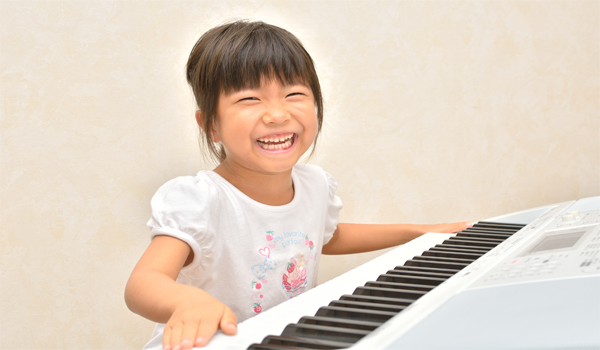For Parents

Benefits Of Learning Music For Children
CONCENTRATION
Learning a musical instrument helps to nourish concentration that can also be applied to other school subjects and activities.
PATIENCE
Alex tells his students and their parents that learning an instrument is a marathon, not a sprint. Patience can be further developed from continued lessons and practicing over a duration of time.
COORDINATION
The human brain is incredible! It allows us to be able to move joints and limbs independently from each other at times, which is incredibly important when learning a musical instrument. Doing so also strengthens the muscles being used.
CONFIDENCE & POSTURE
One aspect Alex absolutely loves about being a music teacher is seeing a student's smile when they learn a new concept which in turn gives them confidence to tackle their next challenge. He also makes sure to build confidence through positive feedback. In addition, feeling confident can also help to build good posture which is also taught for sitting at the piano, for example.
COMMITMENT
As mentioned above, learning a musical instrument is more of a marthon than a sprint. Commiting to lessons and practice teaches children to follow through with projects to the end.
FRIENDSHIPS AND SOCIAL BEHAVIOUR
Learning a musical instrument can provide many opportunites to meet other musicians and develop friendships through practicing together, performing together, or even just talking about music with others!
FUN
Above all, learning music is meant to be fun! Regardless of learning music as a short-term extracurricular activity or as a long-term career goal, playing music can bring a smile to a young musicians face.
F.A.Q's
How often should I, or my child, practice and for how long?
The #1 asked question! We recommend for children under 10 years of age, 2-3 times per week for no more than 20 minutes per session. This helps to avoid the feeling of practicing as being a chore at such young ages. If you are a teenager, the duration can be increased to 30 minutes and 3-4 times per week. These factors are always dependent on other sports or activities or obligations and most of all, the student themselves. And of course if they want to play/practice more, that's always encouraged, but we also understand that school studies come first! For adults, it's dependent on how much satisfaction you want to get from learning an instrument and obviously time factors related to your own schedule.
Do we need an instrument at home, and if so, how much should I be spending for an instrument?
Yes, you need access to an instrument at home as there is a certain expectation of practice required. We do not provide instruments. The cost of any instrument is dependent on your budget and also the age of the student. For young children, we always suggest starting with a used instrument. The costs associated with a used instrument can help suit most budgets and can easily be found online at Kijiiji or Facebook Marketplace. Purchasing used, most times, is also not a huge investment incase the student looses interest over time. If the student is studying music at school and there is a sign-out option to bring an instrument home, that is another way to reduce the intial instrument purchase cost.
What age do you suggest a child to start learning an instrument, such as piano?
We have found, as most music teachers have, that 6 years old is a good age to start with 1-on-1 private instruction. At this age, children have started to develop interests and a desire to learn, have the muscle dexterity to use fingers independently, and their hand size allows them to place all five fingers across five keys on the keyboard. Please note this is just a suggested age. Alex teaches many children that are 5 years of age. However, Alex does also offer a pre-school music program for children ages 4-6, called 'Music For Little Mozarts'.
My child has Autism. Will you still teach him/her?
Absolutely. Alex has plenty of experience teaching children, and students of all ages, with autism, ADD/ADHD, as well as students with physical impairments.
I have no musical background at all. Does that matter for the learning process of my child?
Nope! You can still encourage and inspire your child without knowing a single thing about music. We actually ecncourage it!
Why am I not being charged taxes for lessons?
In Ontario, Canada, music lessons are exempt from being charged tax. The CRA views music lessons as an "activity designed to result in a progression or development of skills toward a pre-set goal or objective." More information can be found on the CRA website.
Are there any tax credits that I can claim for music lessons?
Yes. Parents can receive a tax credit up to $535.00 through the Ontario Children's Activity Tax Credit.
I'm a retired senior. Am I too old to start learning an instrument?
You are never too old! Alex teaches students of all ages! And, learning music as an adult can help with reducing stress levels, increase muscle dexterity, improve breathing, sharpen your reaction times and boost your blood flow!
